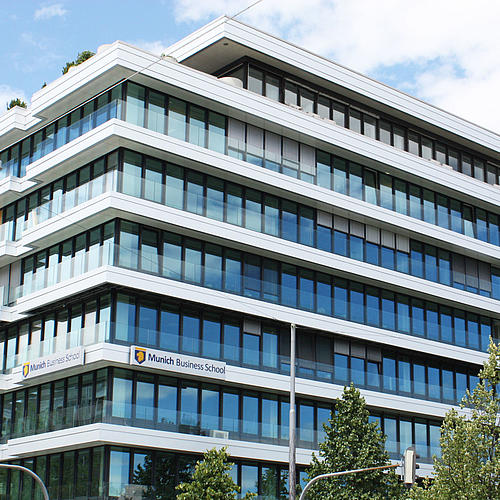The most important tasks and activities at a glance
The day-to-day work of a process manager is varied and wide-ranging, involving analytical tasks as well as a great deal of communication and project management. The process manager is the central figure when it comes to optimizing business workflows and continuously improving processes.
The main tasks of a process manager include, first of all, the analysis of existing processes. With the help of data analysis, workshops and interviews with various departments, weak points and inefficiencies in the current processes are identified. The insights gained serve as a basis for the development of optimization concepts. In many cases, modern automation techniques and digital solutions are also considered in order to make the processes more efficient and future-proof.
Once the concept has been developed, the implementation and monitoring of changes follows. This includes the test phase of new processes, the training of employees and close cooperation with the respective teams to ensure that the new processes are implemented smoothly. An important part of this task is also monitoring and controlling. The process manager monitors the measurement of success using KPIs to verify whether the changes are achieving the desired long-term success.
Communication with teams and managers also plays a crucial role. Process managers act as an interface between departments and facilitate necessary changes. They must ensure that all parties involved understand the new processes and can identify with them.
A real-life example: A company wants to optimize the onboarding process for new employees. The process manager analyzes the existing process, conducts interviews with HR and new employees, and proposes a digital solution. After implementation, the process manager uses KPIs to measure whether the training period has been shortened and whether employees are becoming productive faster.











